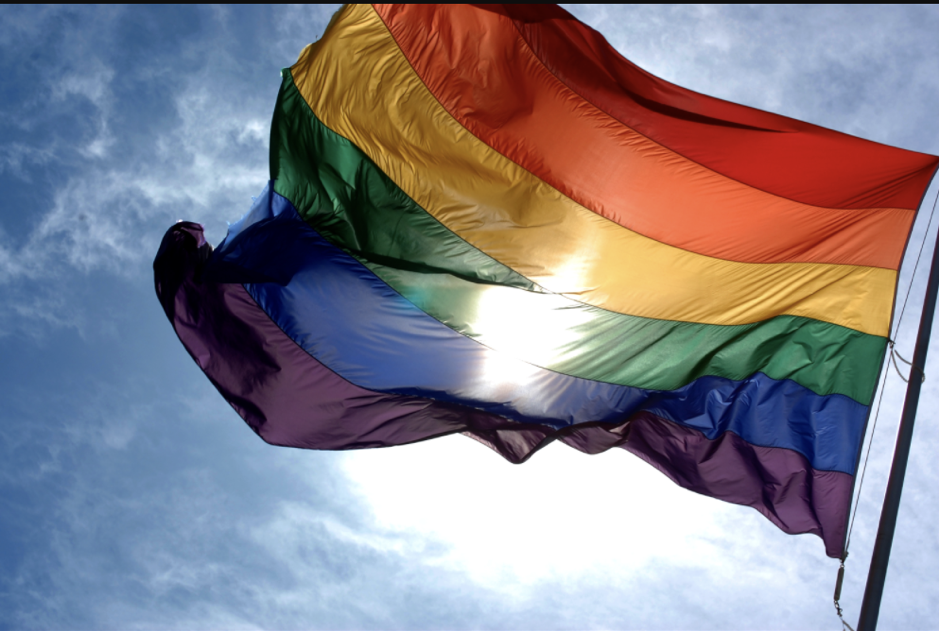
LGBTI Rights | Updated factsheets on UN Special Procedures
ISHR and ILGA World have updated their factsheets on different UN experts – check out the references to LGBTI persons and recommendations that these Special Procedures have made.
ISHR provides both analytical and practical information to human rights defenders to strengthen their access to and engagement with human rights bodies and mechanisms at the international, regional and national levels.

ISHR and ILGA World have updated their factsheets on different UN experts – check out the references to LGBTI persons and recommendations that these Special Procedures have made.

The health crisis caused by the Covid-19 pandemic has led States to take measures to combat the spread of the virus. Despite the state of health emergency, some of these measures were considered inappropriate and have considerably limited the rights of defenders with a considerable impact on their work.
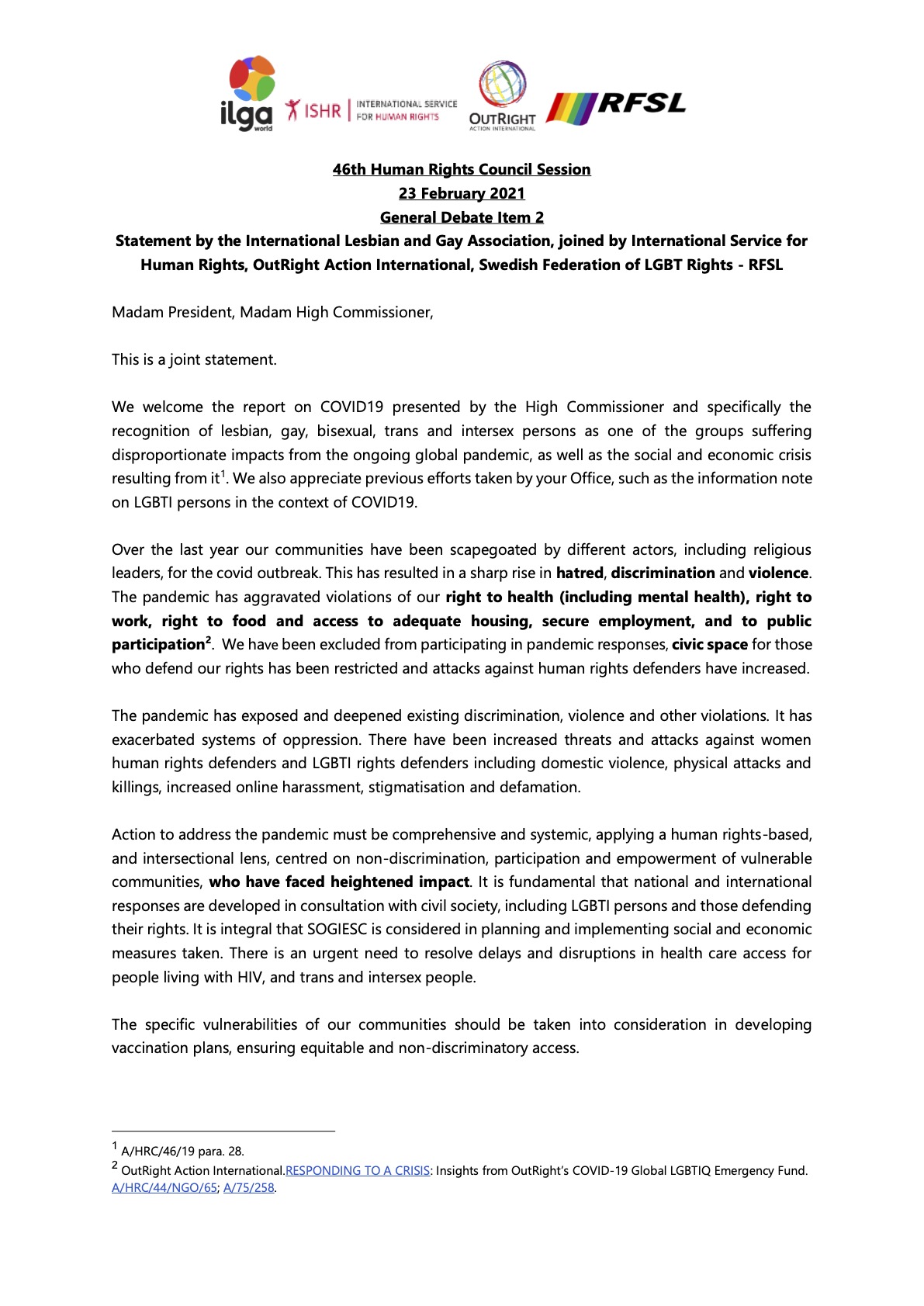
In a joint statement, ISHR and partners welcome the High Commissioner's recognition of the disproportionate impact of the COVID pandemic and the asssociated economic crisis on LGBTI communities, and call for national and international responses to be developed in consultation with civil society.
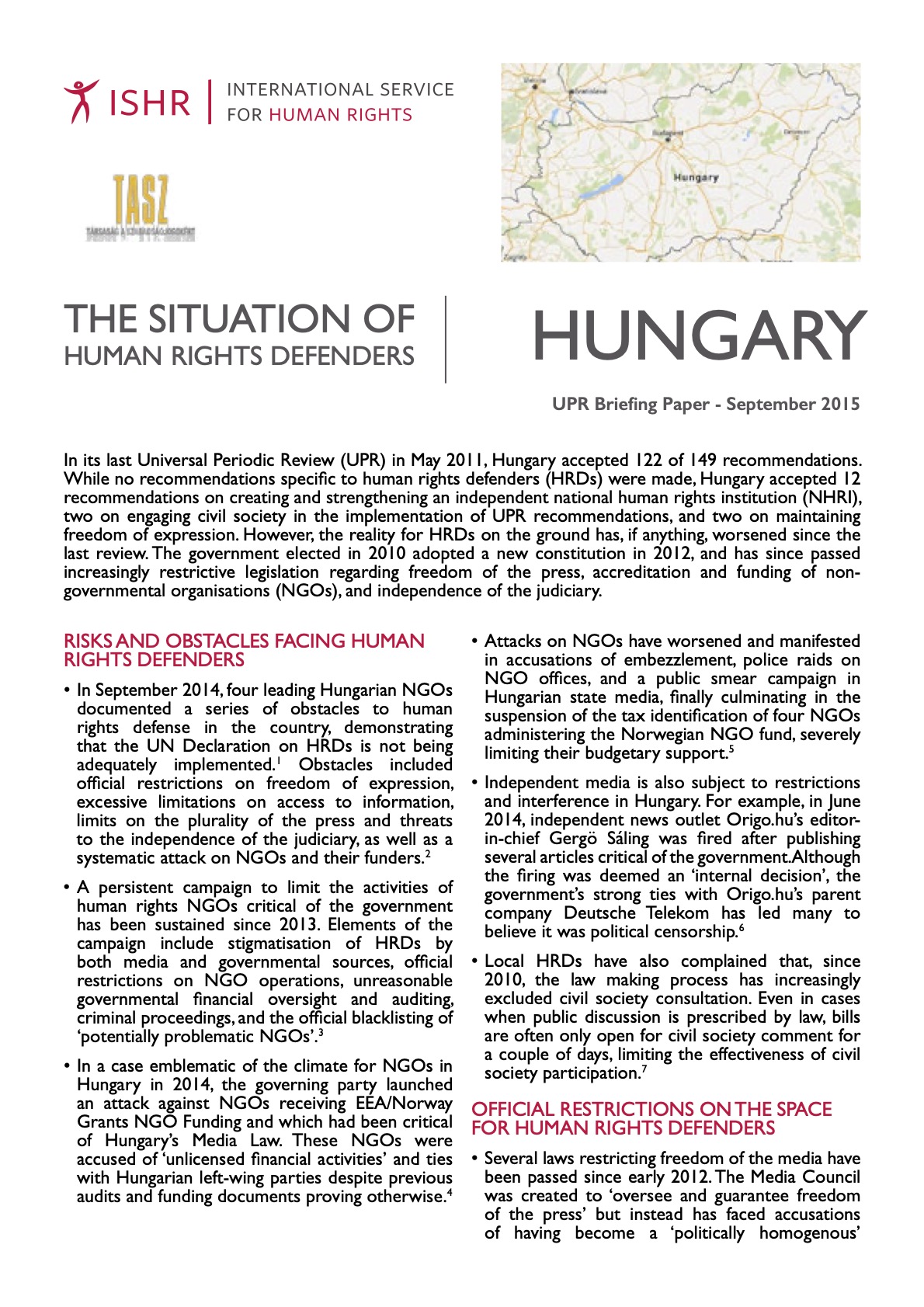
States should encourage Hungary to protect human rights defenders and civil society space through its forthcoming UPR, ISHR and TASZ said in a new briefing paper launched today.
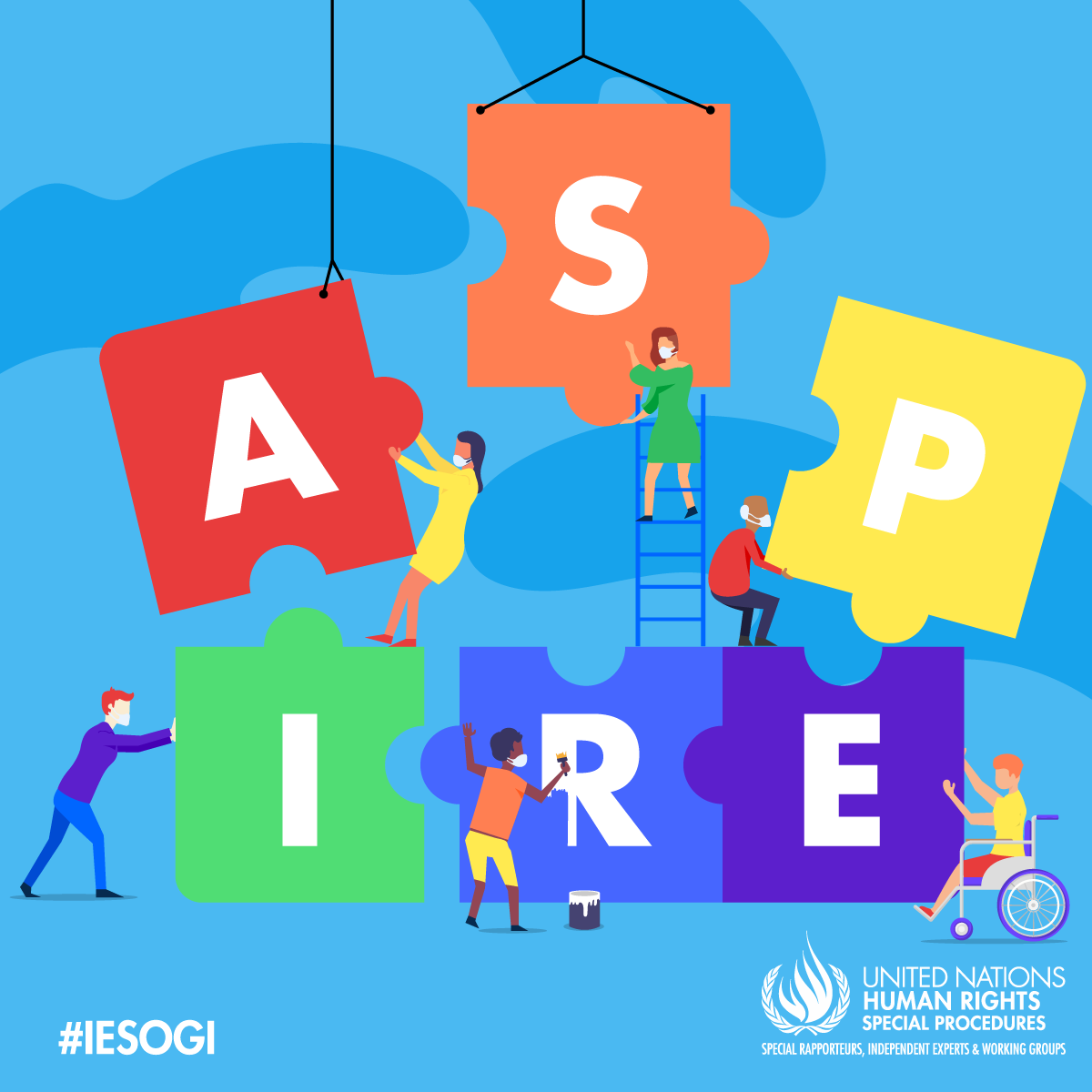
On 18 June, the Independent Expert on protection against violence and discrimination based on sexual orientation and gender identity (SOGI) launched the ‘ASPIRE’ guidelines on a COVID-19 response free from discrimination against LGBTI persons.
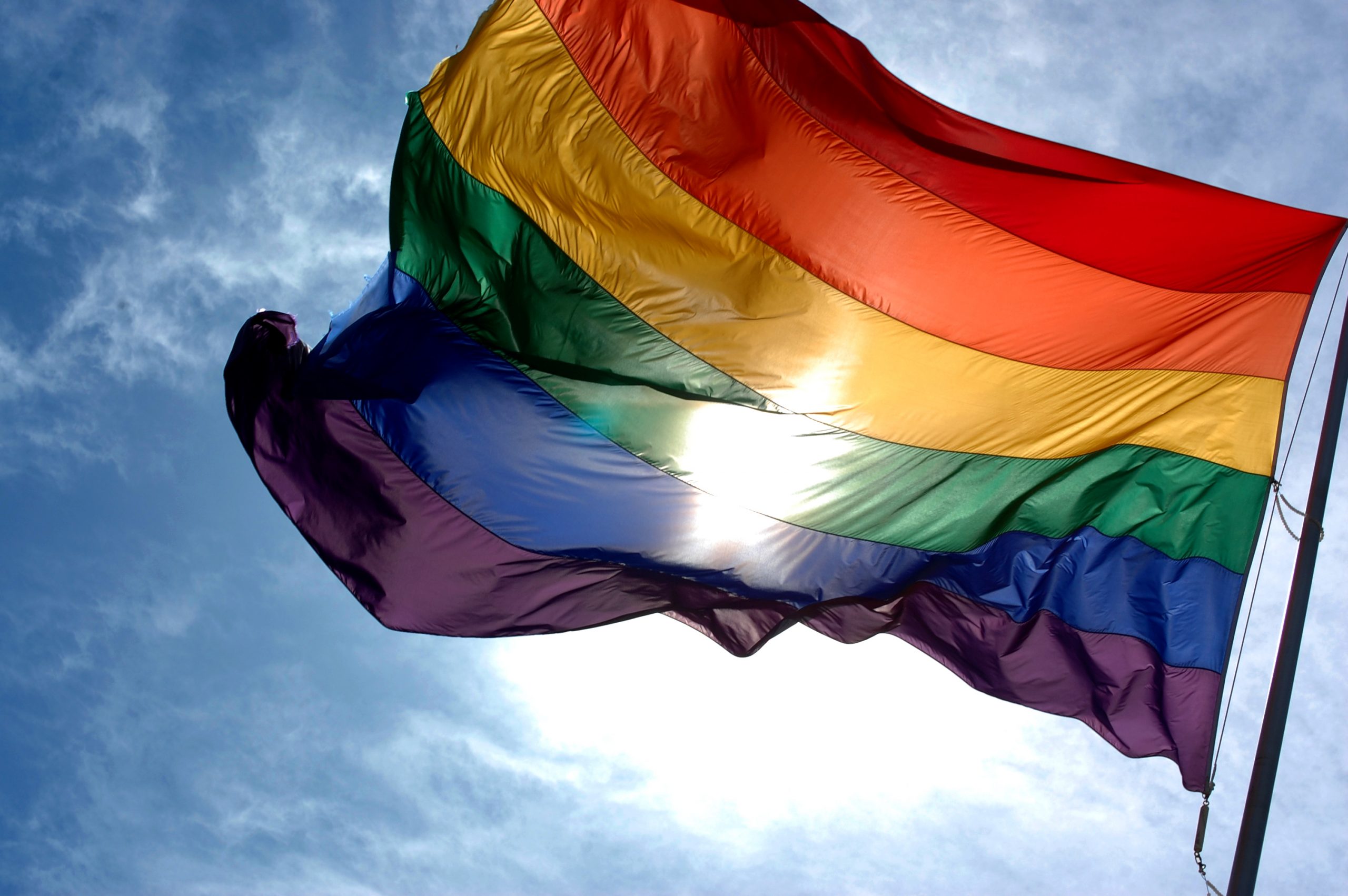
ISHR and ILGA World have updated their factsheets on different UN experts – check out the references to LGBTI persons and recommendations that these Special Procedures have made.
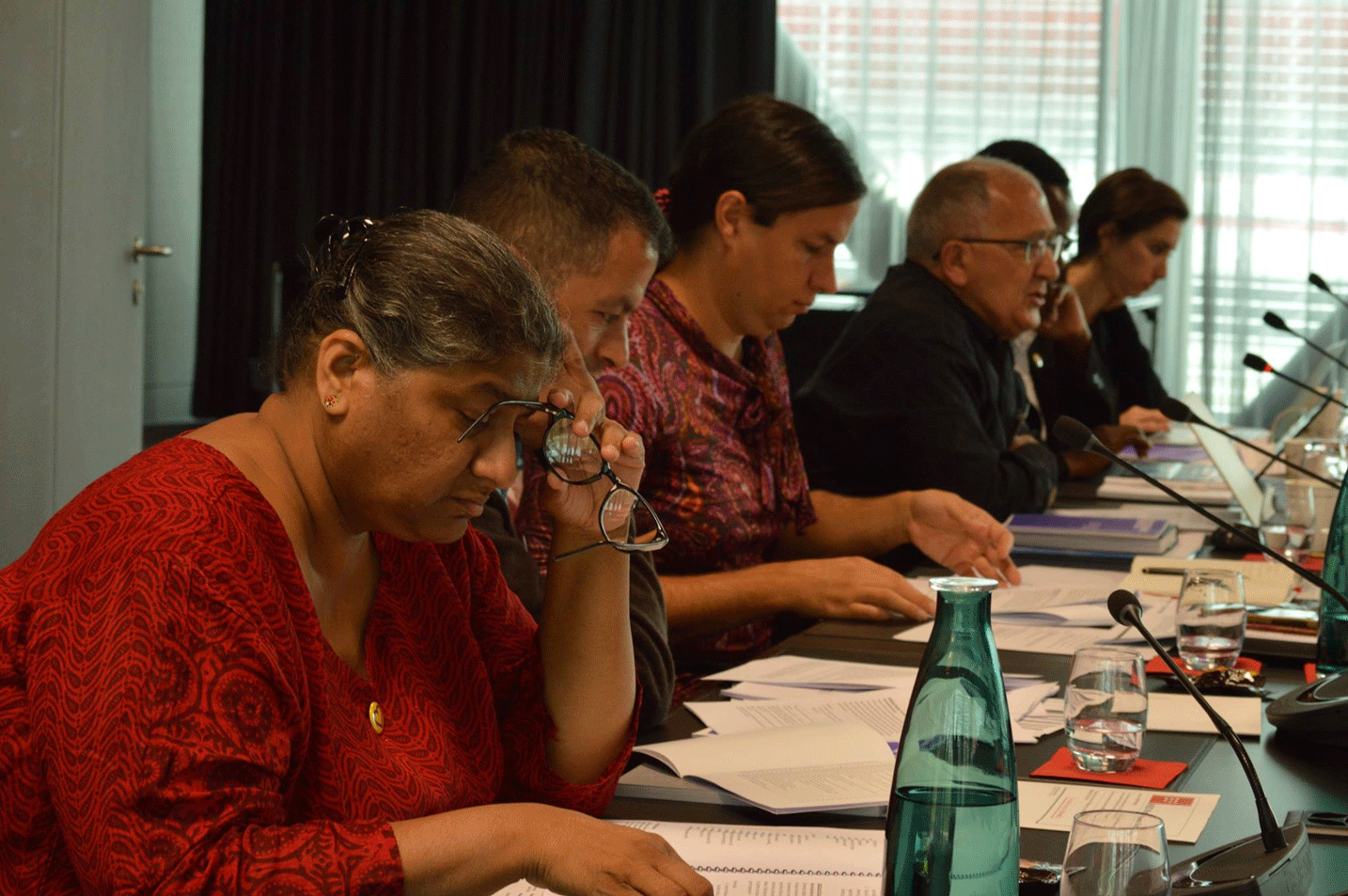
An authoritative set of new principles on international human rights law relating to sexual orientation, gender identity, gender expression and sex characteristics (SOGIESC) —released today by a group of 33 international human rights experts—charts a way forward for the UN, governments, and other stakeholders to re-affirm their commitment to universal human rights.
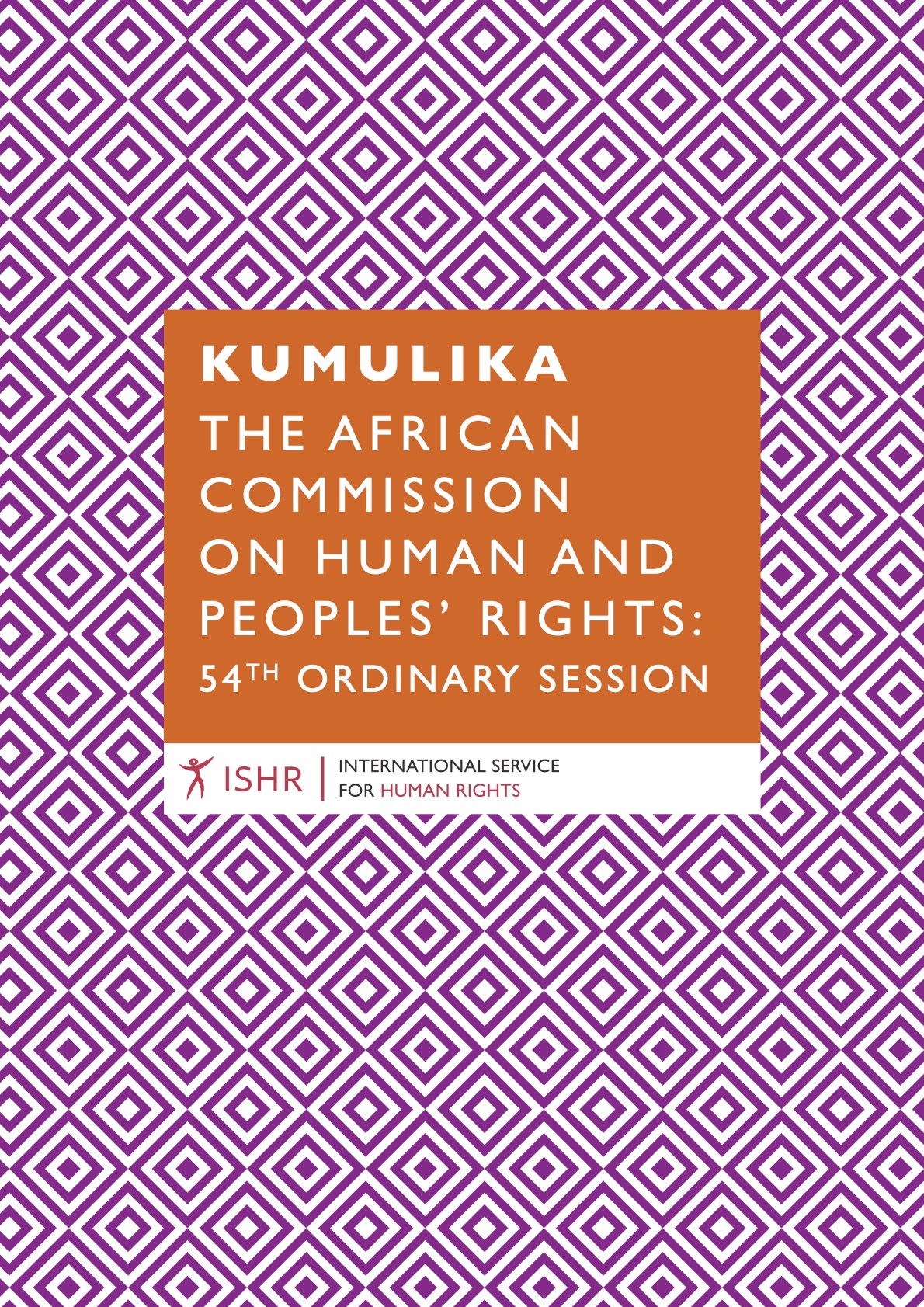
This issue of Kumulika - our analytical publication on the African Commission - covers key developments at the 55th session and the NGO Forum which preceded it.
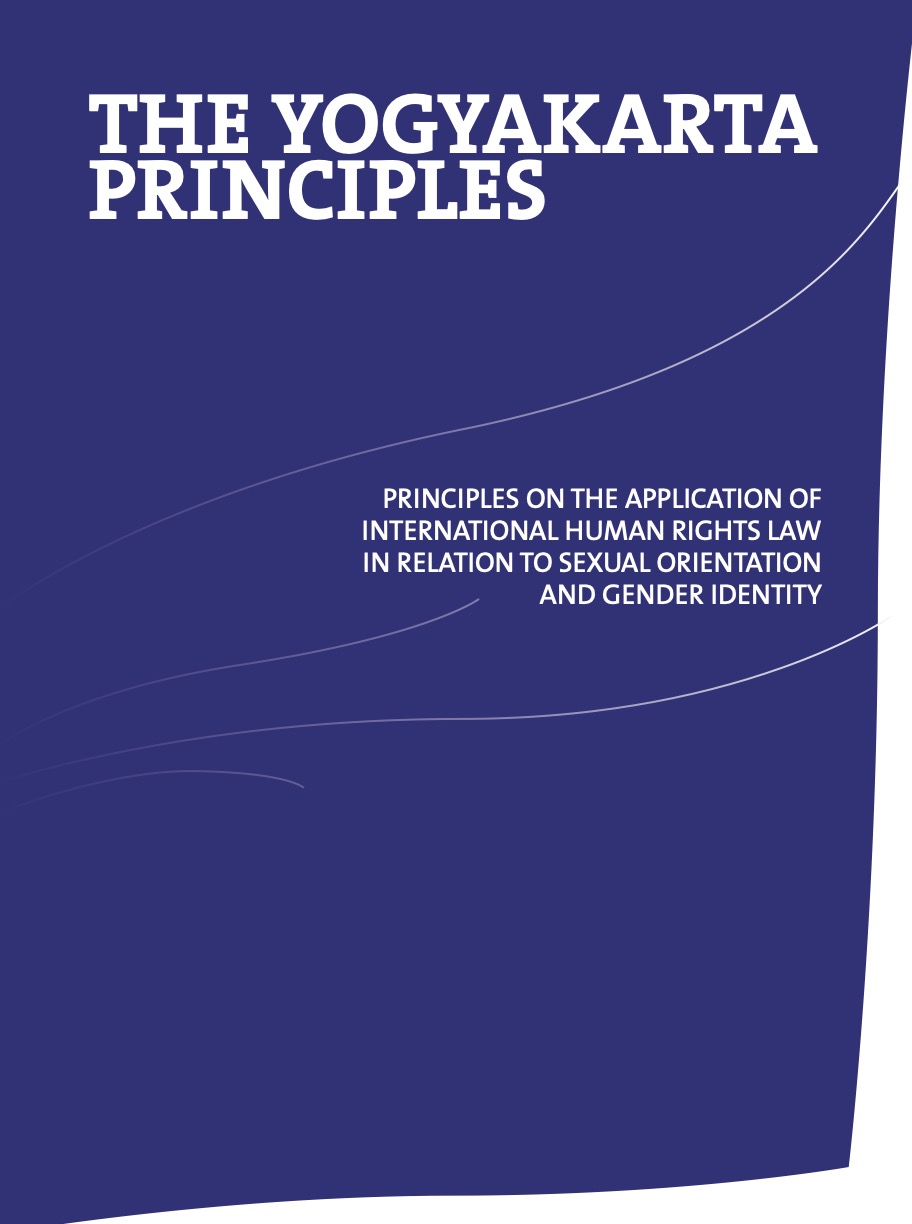
The Yogyakarta Principles on the Application of Human Rights Law in relation to Sexual Orientation and Gender Identity were developed by a group of 29 international human rights experts following an experts’ meeting held in Yogyakarta, Indonesia from 6 to 9 November 2006.